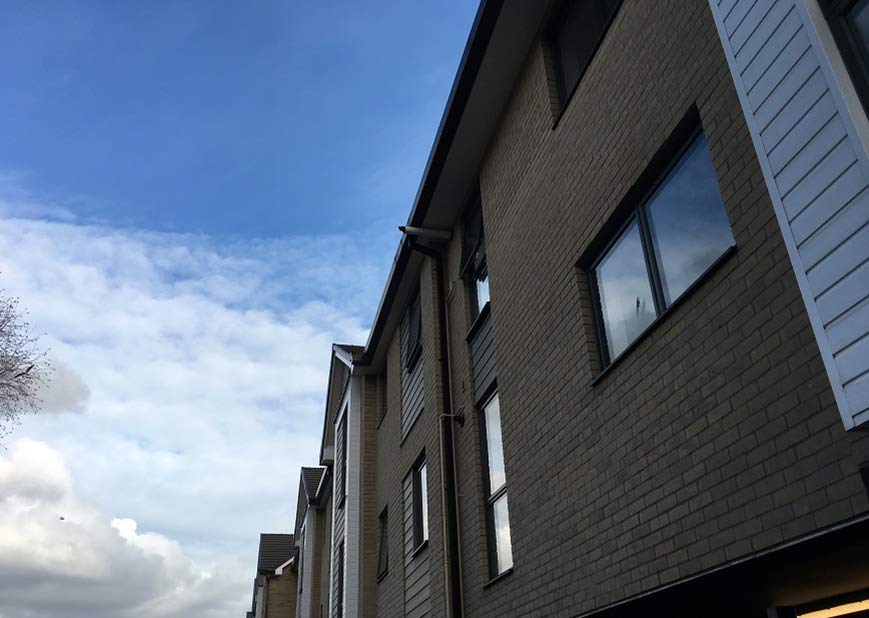This information should not be interpreted as financial, tax or legal advice. Mortgage and loan rates are subject to change.

Categories: government and politics | government and politics prs | hmo
government and politicsStudent landlords are concerned that proposals outlined in the Rental Reform white paper could leave them struggling to let their properties.
One of the twelve points of the white paper outlined an end to fixed-term contracts, in an attempt to make the rental system more straightforward. It has been proposed that new tenancies would effectively be rolling contracts and only end if and when either party chooses to, meaning tenants could up and leave with just two months’ notice.
This rule would not be applied to students living in purpose built student accommodation, but would include those living in Houses of Multiple Occupation (HMOs) or shared flats. Currently, student landlords facilitate a nine to eleven-month fixed-term tenancy, to align with school terms.
Switching to a periodic tenancy would mean students could choose to leave at any point, by giving just two months’ notice. This puts landlords in a difficult position, as they are then forced to have to re-let the property mid-term, which is likely to be a struggle, let alone taking on the additional expense of referencing and producing new contracts.
Landlords views on changes to student rentals
Richard Dawson, a landlord from the Northampton Student Landlord Network (NSLN) has said of these changes:
“So as a landlord you will only have two months’ certainty in the contract which, because of the dynamics of the market, means finding a replacement will be very difficult and, because of the expense of additional referencing and guarantor referencing, will make it less attractive.
“Tenants may also then give notice prior to the holidays, or it may persuade more tenants to drop out of their courses because there will be no financial consequences. “This will put more pressure on their housemates who will then have to fill the room or pay more rent,”
Many members of the NSLN are puzzled as to why purpose-built student accommodation is being treated differently from HMOs and shared flats.
Jacqueline Abbot, also of the NSLN, states:
“It feels to us as if the Government hasn’t realised that the student rental market is unique, and in many ways very different to traditional rentals, so the tenancy changes are going to impact landlords and tenants alike”
DLUHC response
The Department for Levelling Up, Housing & Communities (DLUHC) has dismissed these concerns stating they believe students living in private HMOs should be treated the same as other tenants.
A department spokesman stated:
“Some students have families, local roots, live with non-students, or have other reasons why they may wish to remain in the property.
“We do not think it would be fair to apply different rules to students who often require the same level of security as other tenants, or face poor standards within the private rented sector.
“Therefore, all students who are renting a private home will have periodic tenancies, providing the same certainty as all other tenants will enjoy.”
They also add that landlords of purpose-built student accommodation have been excluded from this new law due to the current government codes of practice, safety standards and management relationships they already have in place.



